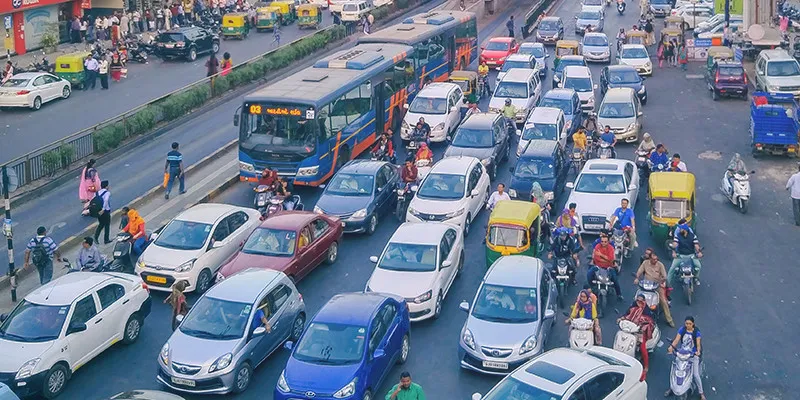How corporate transportation is booming in India
Blurb: With the limitations that public transport options in busy metros pose for those working late nights, corporate transportation has become the norm for safe commuting.
The corporate employee transportation ecosystem is truly booming in India, thanks to the erratic public transportation system that is riddled with lack of infrastructure and passenger safety, be it buses, autos, metro or even the cabs controlled by aggregators. As urban cities and towns grow and bustle, long commutes will become more and more commonplace.

Safe transportation for women is a major concern, whether they are travelling within the city, outside or even abroad. Newspapers often report women getting sexually assaulted, cat-called and robbed while they are travelling in a cab or driving their own vehicle. As per a WHO study, 35 percent of women globally undergo some form of abuse or physical violence while commuting, and these are only the cases that have been reported.
Autorickshaws and cab drivers, be they regular taxis or app-based aggregators, often misbehave with women passengers or abuse them. The absence of safe public transportation facilities and the lack of last-mile connectivity in many places are restricting the mobility of women. Women are often asked by friends and family to keep GPS on their phones on while travelling in a cab or auto or click the picture of driver’s ID proof.
Such incidents have also triggered the growth of employee transportation solutions. Not only are they are cheap and safe, but also less polluting as they facilitate transportation of a large number of passengers. The segment comprised 10 percent of the entire industry share in 2015, and is growing fast since then. Companies are realising the fact that employee productivity is directly related to their well-being, sense of security and happiness, and they are trying their best to provide better transportation facilities to the employees.
Similarly, spot rental services of car rental companies aimed at mid-to-top management level users in corporates add a higher value being customised to the corporates needs of reliability, safety and complying with corporate requirements of duty of care.
Corporate employee transportation is complex in terms of operation and requirements. For example, a mid-size company will typically have a staff of 2,000-2,500 employees residing across the city and its outskirts. Facility managers need to ensure that all employees are providing pick-up and drop as per their time and shift schedule with minimum travel time. Number of vehicles and routing largely depend on shifts in the company. Additionally, the SLA with the service provider is paramount as all legal, logistic and statutory-related issues must be supervised, addressed and monitored.
Concerns exist around aligning the vehicles as per the shift, keeping a tab on the number of vehicles deployed, bringing down the number of routes by aligning it with the existing routes, employee security, lowering of travelling time, control update in the roster etc.
Technology has also evolved to ease out the concerns mostly associated with corporate employee transportation, such as auto routing software for routing, showing the shortest possible route, GPS to monitor and control cabs plying, geo-coding of employees in the system based on the employee ID, and when the cab reaches a particular area if the employee was picked up or dropped.
There are also complementing technologies, such as when a particular employee boards a cab, the access card for identification points out whether it’s the assigned shift or if the cab is meant for that particular employee. GPS systems also assist in giving visibility to driver behaviour vis a vis instances of over-speeding etc. Employees are asked to cite and report their issues and concerns on anything related to their daily commute.
These measures and value adds are instrumental in driving the growth of corporate transportation ecosystem in India.
In India, the BPO and KPO companies are the largest users of employee transportation services as the jobs are in shifts, and those shifts can be at odd hours too. In these outsourcing industries, the general practice is that women employees are picked up after the male employees and dropped first. Also, many companies hold workshops to educate women on self-defense tactics. Many companies deploy in-cab armed security guards if the shifts are late in the night. Drivers are also trained in terms of behavioural skills, time and stress management etc. Incentivising them and taking proper care of them also go a long way in winning their loyalty.
Given the issues and limitations existing in the public transportation infrastructure domain, it can safely be said that corporate transportation industry is all set to grow further, given its inherent advantages and promise.
(Disclaimer: The views and opinions expressed in this article are those of the author and do not necessarily reflect the views of YourStory.)







